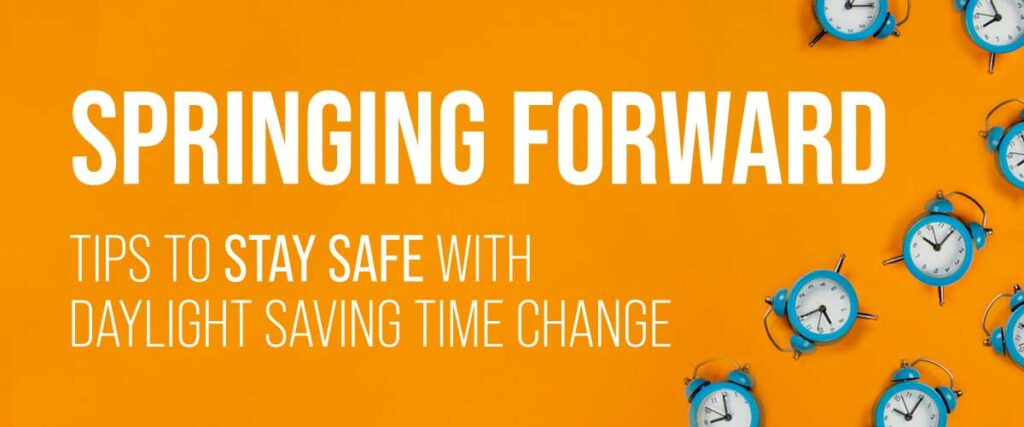Zero Fatalities provides tips to stay safe with daylight saving time change
March 10, 2023
Travelers are encouraged to stay alert and be seen on Utah roads

With daylight saving resuming this Sunday, Zero Fatalities is reminding Utahns of the traveling risks associated with the time change and providing tips on how to stay safe. Daylight saving in March introduces two travel risks: (1) poor visibility due to less light in the morning and (2) drowsiness due to a change in sleep cycle. Zero Fatalities encourages all road users to be aware of these risks and plan accordingly so all travelers arrive safely at their destinations.
Driving during dark, dawn or dusk increases your risk for a fatal crash, especially an auto-pedestrian crash. Starting Monday, the morning commute will be darker during peak travel times. Road users need to be aware that visibility may be poor and make extra effort to see each other. Here are some safe traveling tips to help:
- Drivers should always be on the lookout for bicyclists, pedestrians or motorcyclists. Slow down if needed, especially in neighborhoods, near schools and around intersections.
- Vulnerable roadway users (pedestrians, bicyclists, motorcyclists) should do everything in their power to be seen by drivers. Wear reflective gear and lights, be predictable, use traffic safety devices, obey traffic laws and make eye contact with drivers.
- All road users should drive sober, eliminate distractions and best focus on the task of driving/walking/biking.
- Parents should talk to children and teens about the risks and safety tips for daylight saving.
It’s important for Utahns to recognize that the body takes time to adjust when losing an hour on Sunday. Here are some tips to avoid drowsy driving:
- Make sure you are awake and alert before driving/walking/biking.
- If you experience sleepiness while driving, pull over to a safe place and take a power nap.
- You can reduce your risk for daylight saving-induced drowsiness by resetting your internal body clock slowly. For the next two nights, set your alarm clock for 15 minutes earlier and go to bed 15-30 minutes earlier than usual. Be active and enjoy the weekend so it will be easier to fall asleep earlier.
To learn more about avoiding drowsy driving or improving pedestrian safety, visit ZeroFatalities.com.



